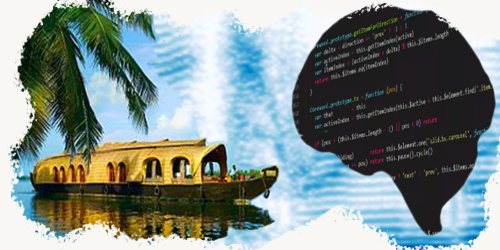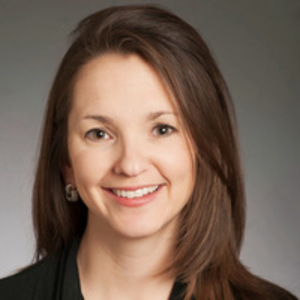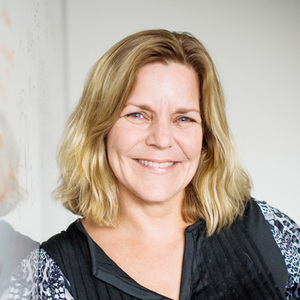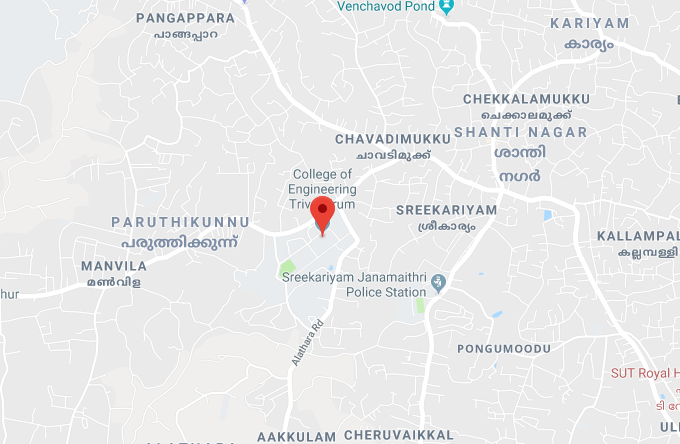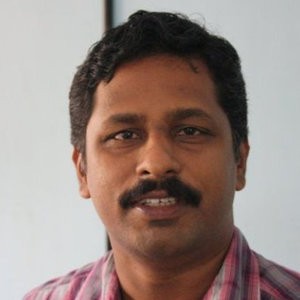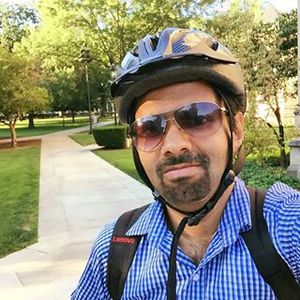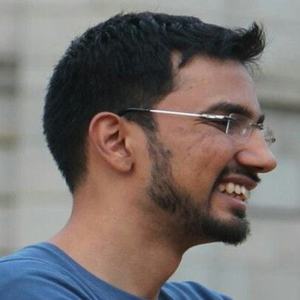About
WiSSAP is an annual winter school, organized in India since past 12 years. It provides a forum for researchers to enhance their expertise by exposing to research areas in the field of speech and audio signal processing. The past 12 WiSSAPs have covered different aspects of speech and audio processing – perception/ recognition/ coding/ enhancement/ synthesis/ spatialization/ production/ hearing- aid etc. We are excited to share with you that the theme for WiSSAP 2019 is - Deep dive into brain, machine, and the gap in speech processing. The event will host invited talks and tutorials by eminent researchers in the field of human speech perception, automatic speech recognition, and deep learning.
